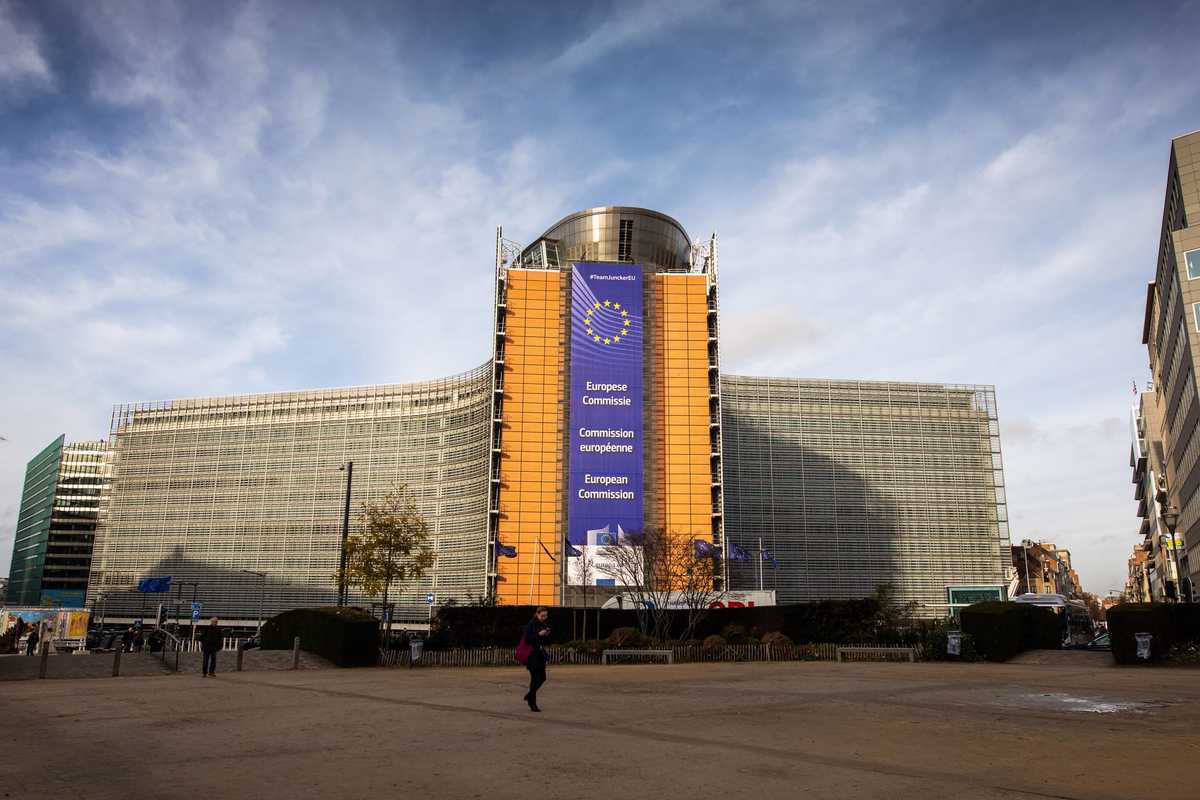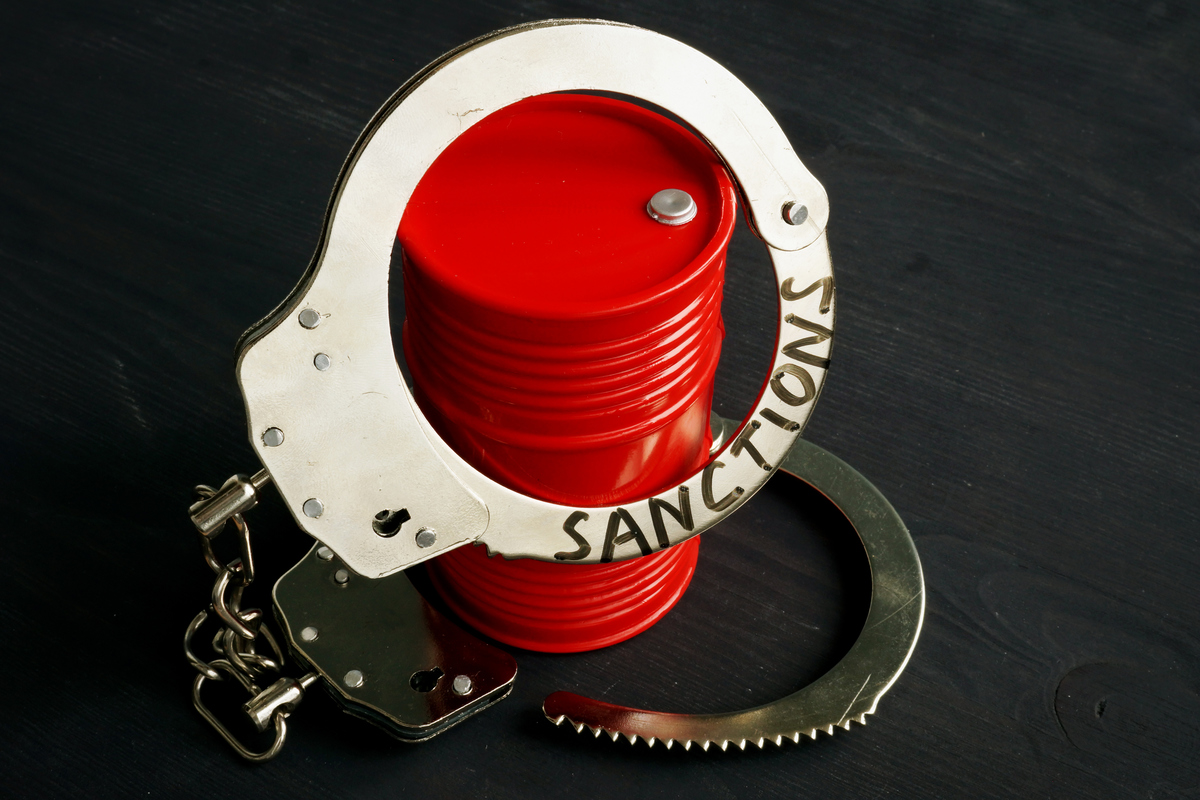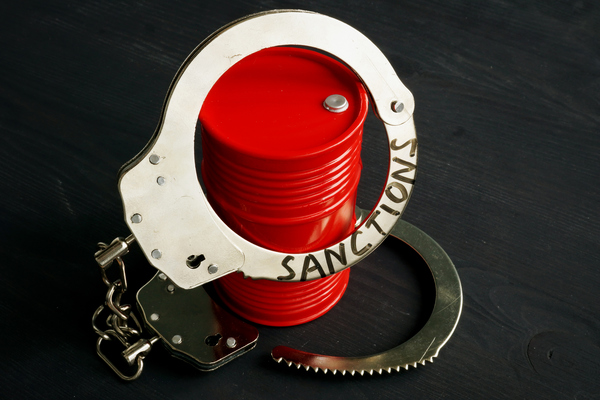E-fuel producers lobby EU to prioritise CCS and sustainable alternatives fuels
Several European non-profits advocate including sustainable alternative fuels and carbon capture and storage (CCS) under the Net Zero Industry Act's strategic net-zero technology umbrella. PHOTO: European Union Commission Building Situated In Brussels Belgium. Getty Images
PHOTO: European Union Commission Building Situated In Brussels Belgium. Getty Images
The European Commission proposed the Net-Zero Industry Act (EU NZIA) as part of its Green Deal Industrial Plan. The act aims to scale up the production of green fuels and technologies “that support the clean energy transition and release extremely low, zero or negative greenhouse gas emissions when they operate”.
EU NZIA seeks to prioritise "strategic net-zero technologies" that are commercially available and are capable of being scaled up quickly. Furthermore, it wants to mandate a 40% EU annual manufacturing target by 2030 for them.
Now, multiple non-profits related to alternative fuel production have called on the EU's legislative trio to recognize sustainable alternative fuels and carbon capture and storage (CCS) as "strategic net-zero technologies" within this act.
The move will send a "clear signal" to stakeholders that these technologies are crucial in accelerating the decarbonisation of the EU's transport sector, the signatories explain in two separate joint letters to the EU's Commission, Council and Parliament.
Signatories include Methanol Institute, FuelsEurope, Confederation of European Waste-to-Energy Plants, eFuel Alliance, Eurogas association, European Suppliers of Waste-to-Energy Technology and Fertilizers Europe.
The letter asserts that the definition of sustainable alternative fuels needs to be aligned with the Renewable Energy Directive and the upcoming revised Hydrogen and Gas Market Directive. In addition, the production of these fuels and related technologies must pushed to help the EU’s transport sector meet its climate targets.
“Driven by EU policies, demand for Sustainable Alternative Fuels will rapidly rise in years to come, and – in the absence of a suitable domestic production capacity - supply shortages would force the EU to rely on foreign production,” the letter argues.
“To ensure its energy security and independence, the Union must actively support the large-scale deployment of sustainable alternative fuels technologies and the development of resilient supply chains.”
In addition, the letter argues that CCS technologies were deliberately excluded from the list of strategic net-zero technologies suggested in the proposal, despite its technological advancements or commercial availability.
CCS will be widely implemented in the EU within the next 2-3 years, so excluding it will “endanger its development and, ultimately, hinder the achievement of the EU climate ambitions,” it says.
By Konica Bhatt
Please get in touch with comments or additional info to news@engine.online






